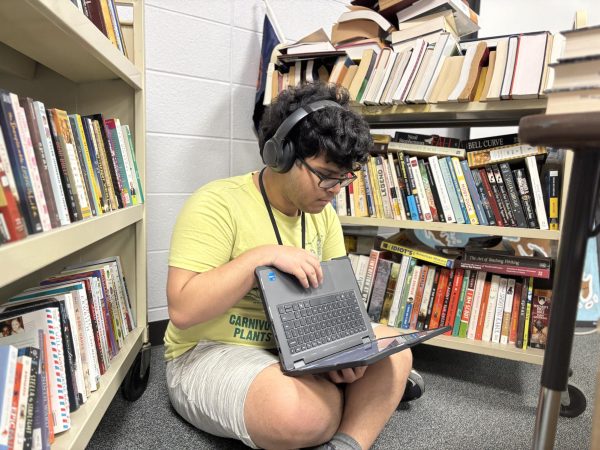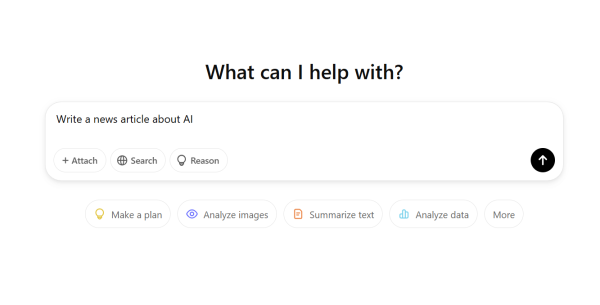The 2nd/Last Presidential Debate
It was quite a surprise to see a return to civility in the second and last presidential debate before the election on Nov. 3. Following a tumultuous first debate, the socially-distanced in-person debate at Belmont University in Nashville, Tenn. on Oct. 23 was a welcome change of pace due to two key policies: muted mics during the first two minutes of each opponent’s response and a firm moderator in Kristen Welker of NBC News.
Trump displayed a remarkable change in attitude, likely caused by the polling dip following the first debate. While he displayed more deference to Welker and stayed more on-message, he also succumbed to his age-old flaw of making false statements. During the debate, which covered immigration, race, the economy, healthcare, climate change, and foreign policy, Trump repeatedly made false claims, according to fact-checking done by PolitiFact.
With regards to the COVID-19 pandemic alone, Trump made some blatantly false claims about his coronavirus plan and current statistics, including that the coronavirus is “rounding a turn” (it’s not — in Texas, 6,594 new cases of COVID-19 were reported on 10/26 alone), that the Trump administration has released just as good of a plan as the Biden campaign (it hasn’t — the Trump administration has only released information on the “Operation Warp Speed” plan for vaccine distribution), and that spikes in Florida, Texas, and Arizona are now gone (they’re not — according to PolitiFact, “the daily average of new infections is up 29% in Florida, 16% in Texas, and 55% in Arizona, compared with the daily average two weeks earlier.”).
Other incorrect claims from Trump include various smears on Biden and Biden’s son Hunter with regards to business dealings in Russia and Ukraine, a claim that windmill production “fumes” are greater than those of natural gas, and claims that the 2016 Trump campaign succeeded while it was being “spied on” and with a “tiny fraction” of the money of the Clinton campaign. The smears on the Bidens with regards to foreign corruption were mostly either misstatements of the facts or unsubstantiated, windmills and other sources of wind power all have much lower levels of emissions than fossil fuel production, bipartisan investigations have revealed that there was no surveillance of the 2016 Trump campaign, and the 2016 Trump campaign won with about 60-68% of the Clinton campaign’s funding.
Biden received favorable reviews of his debate performance, preserving his preferred reputation as a steady and empathetic legislator, and had a notable soundbite that made the rounds in the media as he countered Trump’s claim that “we’re learning to live with it” with “He says that we’re learning to live with it. People are learning to die with it.”
As memorable as it is, the phrase (and the debate itself) may not make much of a difference, as over 61 million people have already voted as of Oct. 26. Many Clements students who can and can’t vote have said that the debate isn’t going to change the candidate that they support.
Election day is Nov. 3, and it would be beneficial for any of those who haven’t done so to check out the IWillVote site in order to exercise this especially important civil rights. For those of us at Clements who can’t vote this year, check out the FBISD Mock Election site, which was created as part of the Texas Secretary of State Office Project VOTE program.





